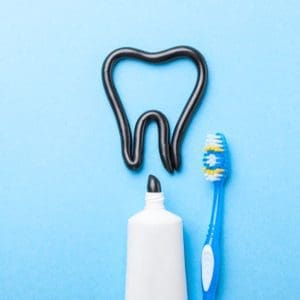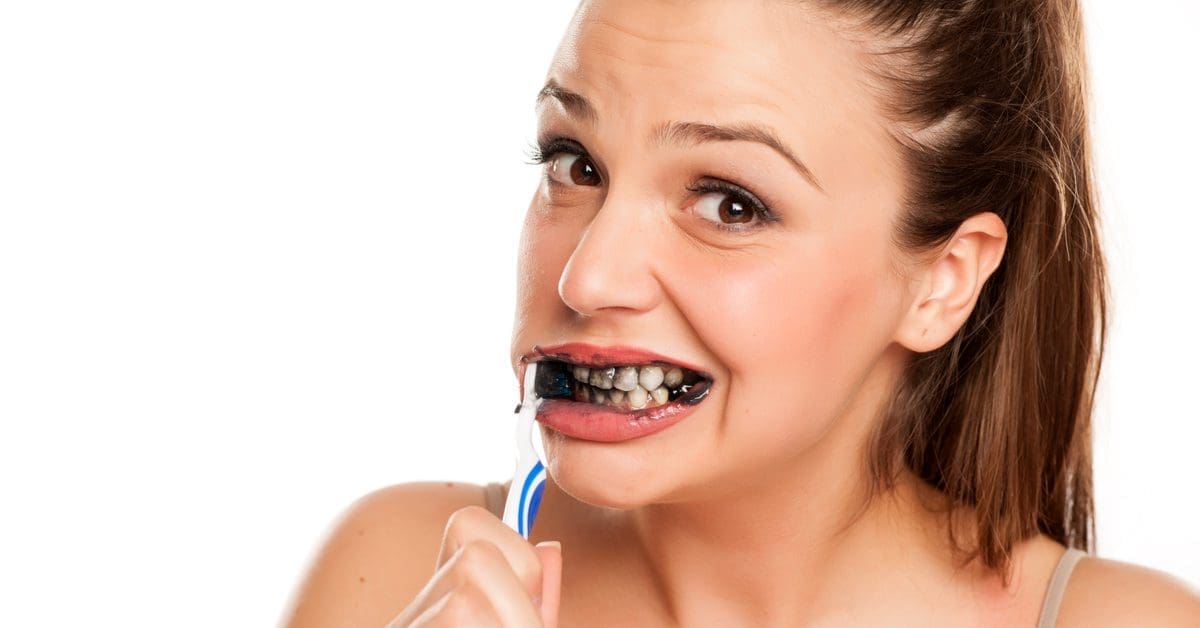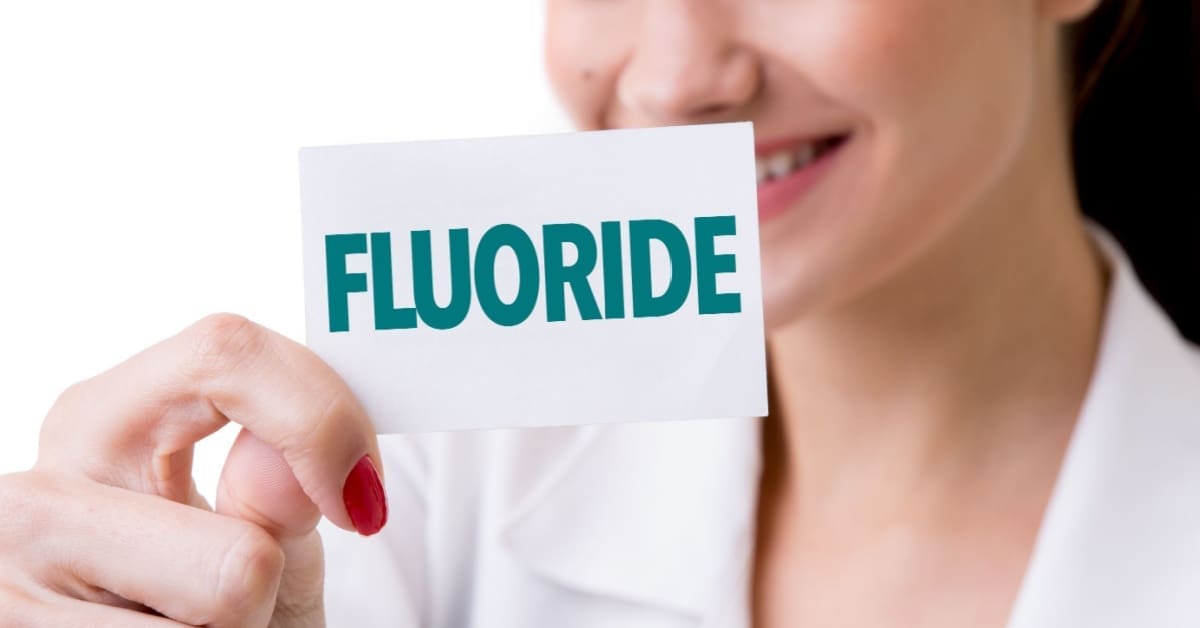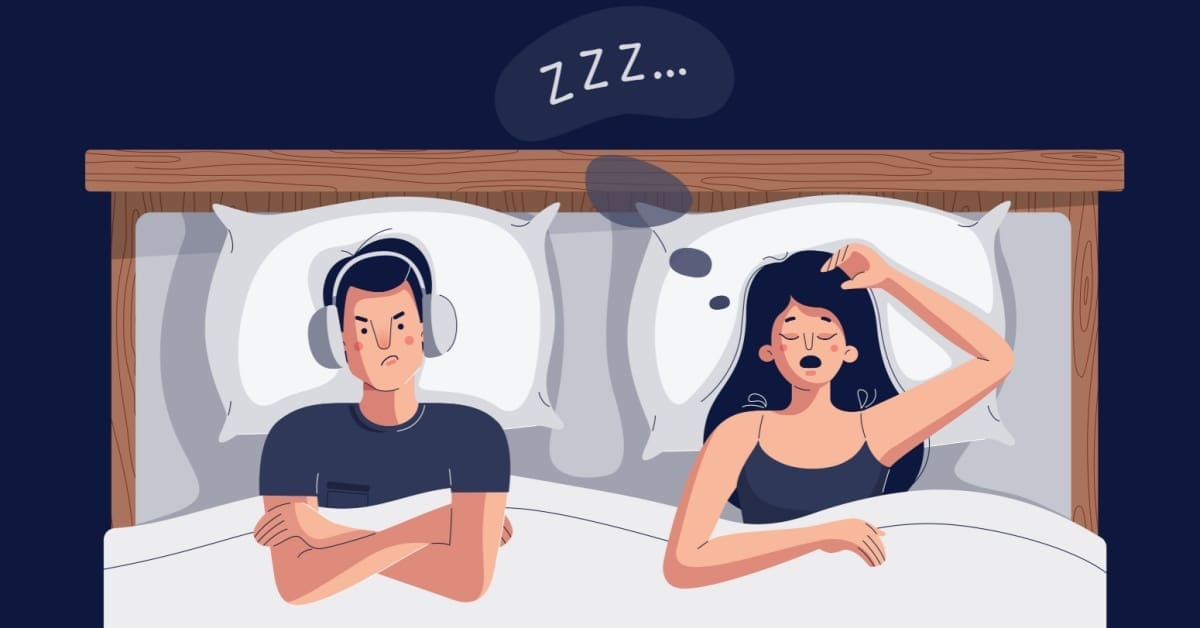What are the Benefits and Risks of Charcoal Toothpaste?
Charcoal toothpaste has become popular with beauty bloggers and Instagram stars who are promoting it as a way to get beautiful, bright and white teeth. We’re here to help you understand if charcoal toothpaste works, and if it’s safe.
What is Charcoal Toothpaste?
Charcoal toothpaste is often used for teeth whitening. It contains activated charcoal; this is charcoal that has been heated in the presence of a gas, making it more porous and therefore better able to absorb potentially toxic materials.
Activated charcoal has a long history of medicinal use and was used in homemade toothpaste in the 19th century. The recent resurgence is the subject of some debate. Supporters claim that it can combat bad breath, whiten your teeth, and has many other benefits.
The Benefits of Charcoal Toothpaste

Charcoal toothpaste is said to be effective for many reasons:
- The charcoal helps to whiten the teeth
- It is antiviral and antifungal
- It can help to ‘absorb’ some of the bacteria that cause bad breath
- It removes surface stains without damaging the teeth enamel
- It can help to prevent future staining
Charcoal is inert and generally considered safe. It is often used by doctors to treat people who have ingested something toxic. Ingesting charcoal for other reasons may not be wise, however, since as well as absorbing toxic substances it may also absorb prescription medications, making it harder for a person to ensure they are taking the correct dose.
The Risks of Charcoal Toothpaste
Using charcoal as toothpaste isn’t the same as consuming it, but that doesn’t mean charcoal toothpaste is a good idea for everyone. There are some risks to changing to a charcoal-containing toothpaste:
- These toothpaste products are abrasive and may wear-down your enamel
- Stains below the enamel won’t be treated effectively
- The charcoal may stain veneers, bridges or fillings
- Many brands contain no fluoride
- The long-term safety of charcoal toothpaste is still to be studied
Should You Try Charcoal Toothpaste?
There are many tooth whitening solutions available today, some of which are higher-risk than others. To date, there are only limited studies into the effectiveness of this toothpaste. Early studies have found that it is less effective than other methods such as the use of polyethylene microbeads; however, the environmental impact of microbeads should not be ignored.
Swapping out your regular toothpaste for fluoride-free charcoal toothpaste could increase your risk of cavities and tooth decay in the long term. Fluoride is important for strengthening your tooth enamel. In addition to the lack of fluoride, the abrasive nature of charcoal means regular use of this type of toothpaste could wear down the enamel.
If you eat or drink foods that may stain your teeth, using charcoal toothpaste following that meal could help to reduce the risk of your teeth becoming stained. Regular use of such toothpaste, however, could do more harm than good for your teeth.
Take a look at our recommended products to maintain good oral hygiene.
Are you looking for a top-rated NJ dentist? Learn more about Suburban Essex Realty and schedule your consultation today.
Dr. Paul R. Feldman has been voted “NJ Top Dentists” for the past 8 years and still going strong.







